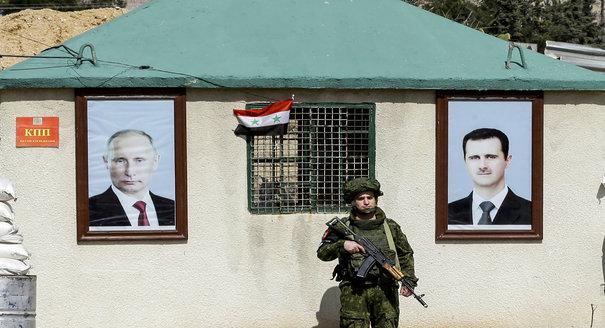Registration
You will receive an email confirming your registration.
As world powers struggle to slow the spread of COVID-19, countries across the Middle East are mulling over this pandemic's impact on the regional power balance and foreign policy. The status-quo has shifted considerably. Oil prices and the OPEC Plus agreement have collapsed, Idlib has seen a temporary halt in fighting, the conflicts in Libya and Yemen have escalated even further, labor markets are shifting dramatically, and capital flight is a looming threat.
China has expanded its presence across the region, from Oman in the Gulf to Egypt and Algeria in North Africa. How will the current U.S.-Chinese rivalry play out in the region after the pandemic? Will Russia’s looming economic crisis have an effect on the Kremlin’s Middle East policy? Given the pandemic's impact on Europe's economies, can the European Union fund recovery efforts in the Middle East?
The Carnegie Middle East Center held a live virtual discussion on Wednesday, April 29 on the Carnegie Middle East Center’s YouTube page.
SPEAKERS
Rosa Balfour is the director of Carnegie Europe.
Evan Feigenbaum is vice president for studies at the Carnegie Endowment.
Dmitri Trenin is the director of the Carnegie Moscow Center.
CHAIR
Maha Yahya is the director of the Carnegie Middle East Center.
EVENT TIMINGS
Washington (EDT): 10:30-11:30 a.m.
Brussels (CEST): 4:30-5:30 p.m.
Beirut, Moscow (EEST): 5:30-6:30 p.m.
New Delhi (IST): 8:00-9:00 p.m.
Beijing (CST): 10:30-11:30 p.m.
